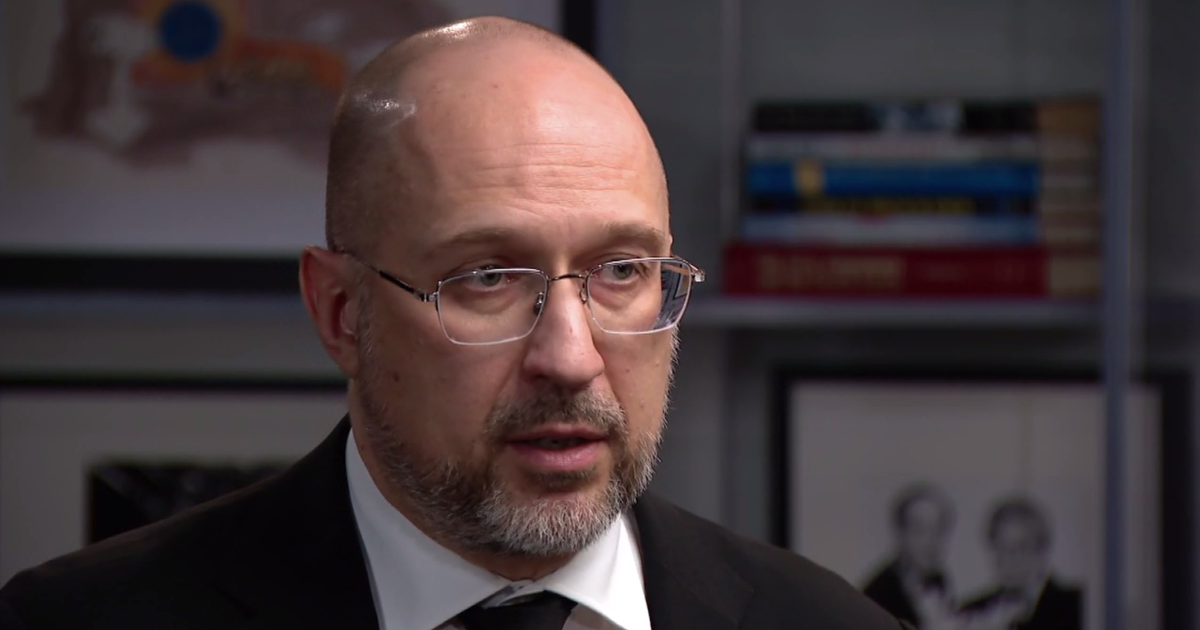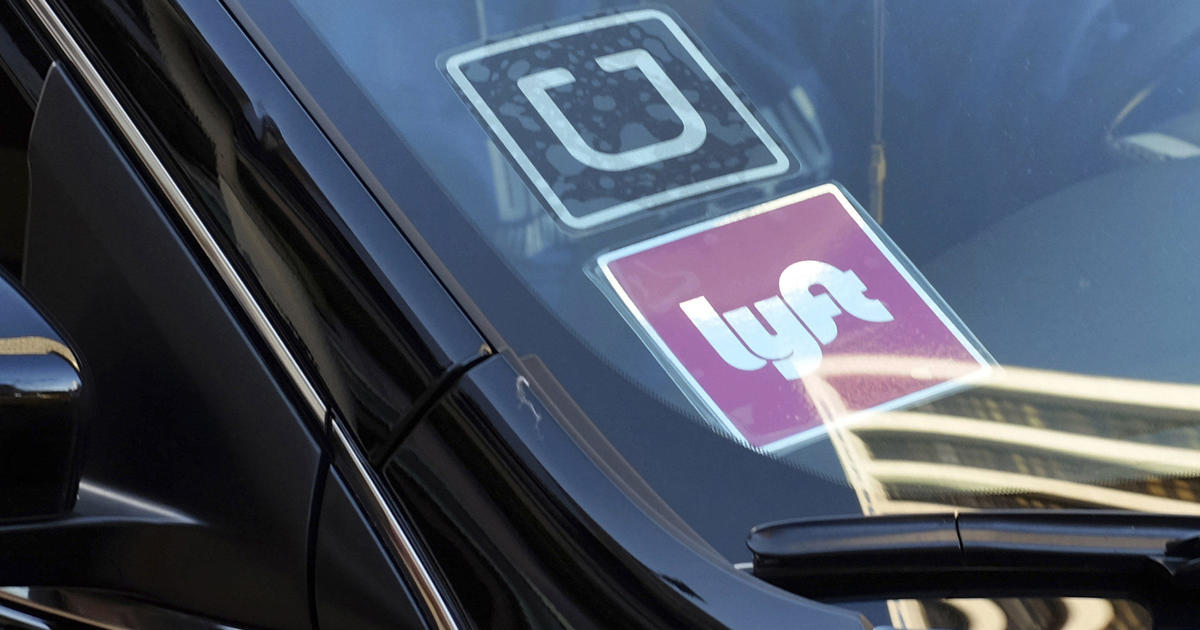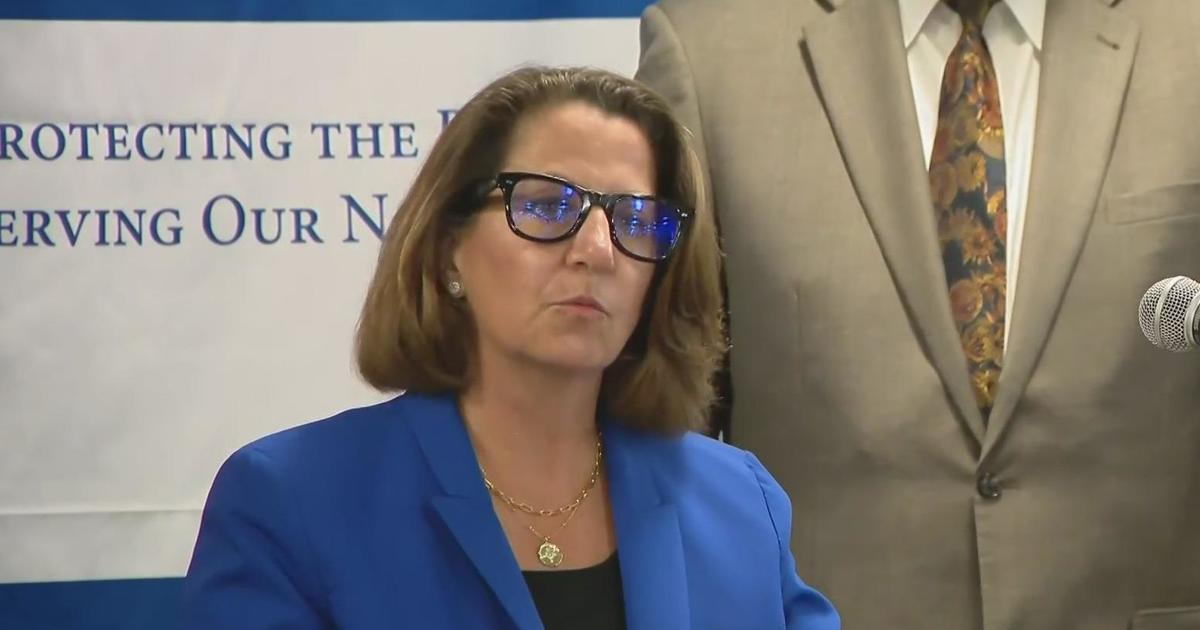Indiana Poised To Pass Right-To-Work Law
INDIANAPOLIS (CBS) -- Indiana is now poised to become the first right-to-work state in the nation's industrial belt.
As CBS News Correspondent Heather Bosch reports, a bill that would stop workers from having to pay to join a union passed the Indiana State House of Representatives Wednesday by a vote of 54-44.
LISTEN: CBS News Correspondent Heather Bosch reports
Podcast
The bill is also expected to clear the state Senate.
"Adopting a right to work law will increase Indiana's economy, bringing more customers and growth to Indiana's small businesses," said National Federation of Independent Businesses state director Barbara Quandt.
But Jeff Harris, of the state AFL-CIO, warns that a right-to-work law could be disastrous for workers.
"If you look at states that have enacted this policy, the average worker loses about $5,500 in salary per year," he said.
Indiana would mark the first win in 10 years for national right-to-work advocates who have pushed unsuccessfully for the measure in other states following a Republican sweep of statehouses in 2010. But few right-work states boast Indiana's union clout, borne of a long manufacturing legacy.
Oklahoma, with its rural-based economy that produces comparatively fewer union jobs than Indiana, passed right-to-work legislation in 2001.
Indiana's vote came after weeks of protest by minority Democrats who tried various tactics to stop the bill. They refused to show up to debate despite the threat of fines that totaled $1,000 per day and introduced dozens of amendments aimed at delaying a vote. But conceding their tactics could not last forever because they were outnumbered, they finally agreed to allow the vote to take place.
If the right-to-work law wins final approval, Indiana will become the 23rd state with such a law.
Over the past year, Republicans have pushed for other anti-union laws in battleground Rust Belt states where many of the country's manufacturing jobs reside, including Wisconsin and Ohio, but they also have faced backlash from Democrats and union supporters.
Wisconsin was at the center of the headlines for weeks last year, as Gov. Scott Walker and other Republican lawmakers approved a bill that stripped public sector unions of collective bargaining rights.
Walker pushed through a law that forbids most government workers from collectively bargaining for wage increases beyond the rate of inflation. It also requires public workers to pay more toward their pensions and double their health insurance contribution, a combination equivalent to an 8 percent pay cut for the average worker.
Amid heated protests in Madison, Wis., the state's 14 Senate Democrats left and hid out in Illinois, thus preventing the quorum required for the state Senate to vote on bills involving spending money.
Republicans fought back by taking all the spending measures out of the legislation, but keeping in the provision to restrict collective bargaining rights for state employees. The bill passed a short time later without the Democrats.
(TM and © Copyright 2012 CBS Radio Inc. and its relevant subsidiaries. CBS Radio and EYE Logo TM and Copyright 2012 CBS Broadcasting Inc. Used under license. All Rights Reserved. This material may not be published, broadcast, rewritten or redistributed. The Associated Press contributed to this report.)



